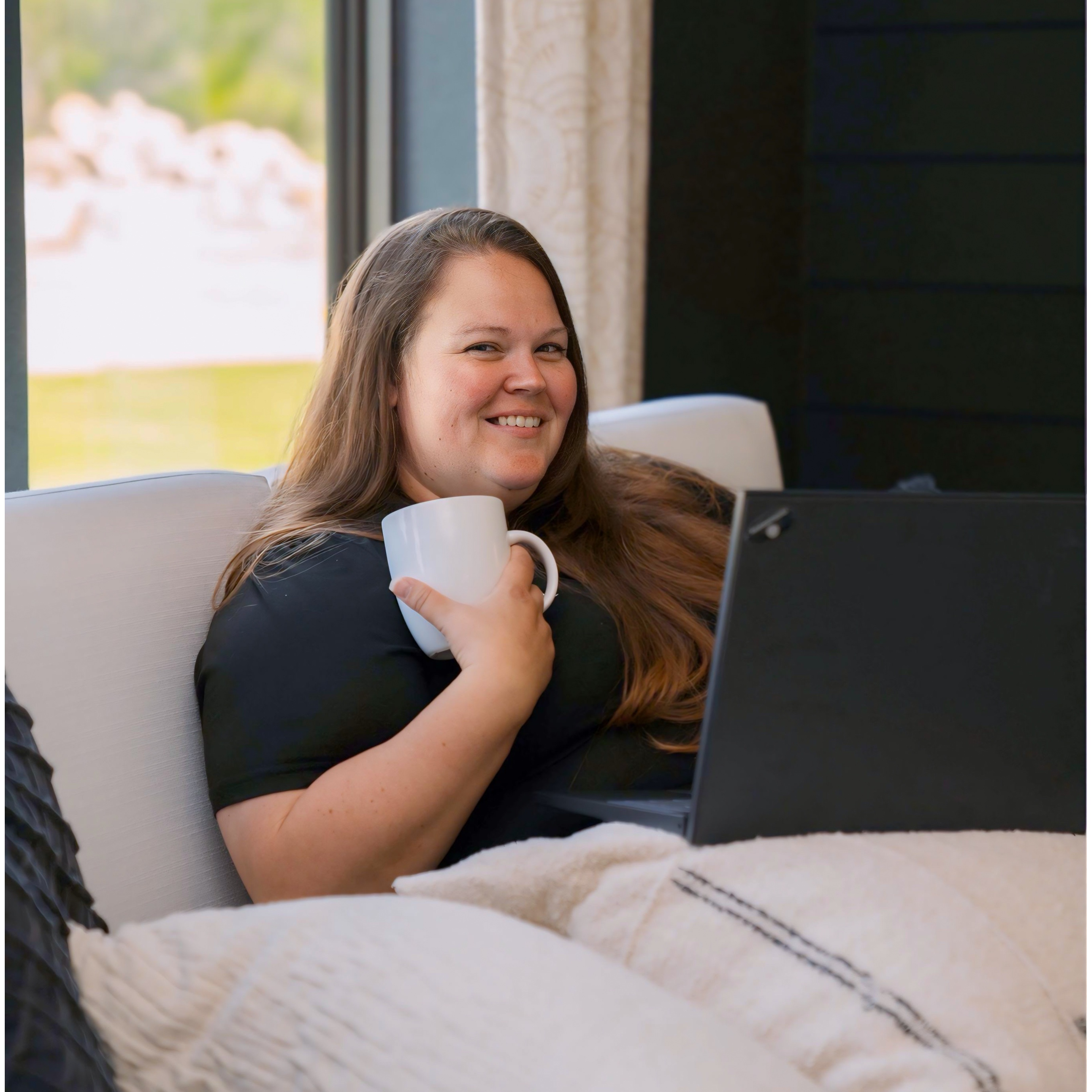The Pros and Cons of Renting vs. Buying
When it comes to choosing between renting and buying a home, the decision can be a complex one, tinged with numerous emotions and practical considerations. Both options have their merits and drawbacks, and understanding them can help prospective buyers make an informed decision. Let’s dive into some key aspects like financial implications, lifestyle choices, and the long-term impact on your life.
First, let's talk finances. Buying a home typically requires a substantial initial outlay - the down payment. For many, coming up with the 20% often recommended can be a significant hurdle. Alongside this, buyers will also face mortgage payments, property taxes, homeowners' insurance, and maintenance costs. While paying off a mortgage builds equity over time, it’s crucial to remember that your monthly housing costs might be higher than if you were renting, especially in the early years.
Mortgages are a major commitment and can be daunting. The process of securing a mortgage can be lengthy and involves comprehensive checks and paperwork. However, the upside is that mortgage rates can be quite competitive, and locking in a low rate can make homeownership more affordable in the long run. Moreover, mortgage interest payments are tax-deductible, offering some financial relief.
In contrast, renting offers more flexibility with fewer upfront costs. Typically, renters need to cover a security deposit and the first month's rent, making it financially accessible for many. The absence of maintenance responsibilities and property taxes also makes renting appealing for those wanting to avoid additional expenses. However, a lack of long-term financial return can be a downside. Renting doesn’t build equity, meaning all your payments contribute to your landlord's investment, not yours.
From a lifestyle perspective, owning a home provides stability and offers the opportunity to personalize and upgrade the space to suit your preferences. Homeownership can facilitate long-term planning, knowing you won't have to face lease renewals or potential rent hikes. For families with children, owning a home in a preferred school district can offer consistency and peace of mind.
Conversely, renting offers unparalleled flexibility - particularly valuable for young professionals, nomads, or those unsure of their long-term plans. If your job requires you to relocate frequently, or if you foresee significant lifestyle changes, renting eliminates the hassle associated with selling a home. It allows for easy mobility, ensuring that you can adapt your living arrangements to align with life's unpredictable twists and turns.
When considering the length of time you plan to stay in one place, buying usually makes sense if you anticipate living there for at least five to seven years. This allows time to recover purchasing costs and potentially gain from property appreciation. For those who envision shorter stays, renting is often more cost-effective.
In conclusion, the choice between renting and buying hinges on individual circumstances and priorities. Those valuing stability and investment potential might lean towards buying. Meanwhile, individuals seeking flexibility and lower upfront costs may find renting the better option. Understanding the nuances of mortgages, the financial commitment involved, and how your lifestyle aligns with either renting or buying will be pivotal in making the best decision for your future. Ultimately, both pathways have their perks and pits - the key is determining which aligns best with your personal and financial goals.
Categories
Recent Posts











